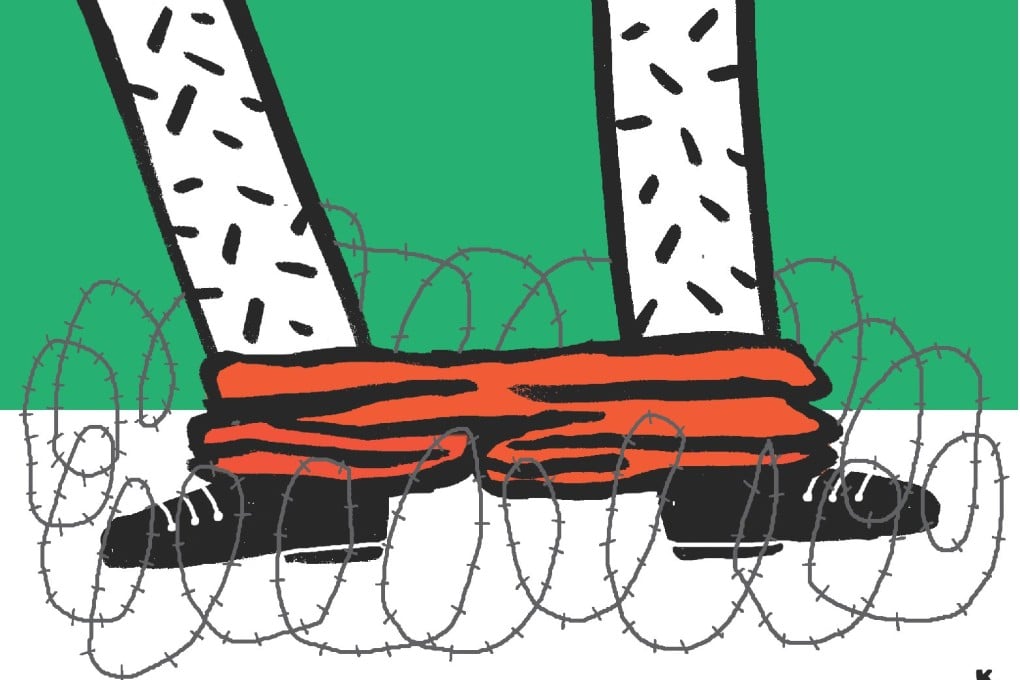Author Chan Koonchung finds humour in China-Tibet dynamic
Chan Koonchung satire shows how inequalities of power warp the China-Tibet relationship, writes Kate Whitehead

The Unbearable Dreamworld of Champa the Driver
by Chan Koonchung (translated by Nicky Harman)
Penguin Random House
5 stars
Chan Koonchung's latest work to be translated into English is not your average Tibet novel. Mostly, these follow one of two well-worn paths: either a romantic account of old Tibet, thick with nostalgia, mysticism and prayer flags, or a fiercely political polemic that lashes out at the injustices suffered by Tibetans.
But follows a completely different road map. It's on its own superhighway, blazing a modern trail with a likeable if lost character in the driver's seat. That's not to say the novel isn't romantic - there's plenty of lovin' and some rather raunchy boudoir scenes. And political - anyone familiar with the internationally acclaimed author's work will know he doesn't shy away from sensitive issues. But the delivery is first-day-of-spring fresh. It's a fast-paced read, bold and brassy, at times super-sensitive and insightful, with cheeky asides and a raw honesty that will make readers laugh out loud.
It's a fast-paced read, bold and brassy ... with cheeky asides and a raw honesty that will make readers laugh out loud
Chan is best known for his debut novel , which was dubbed the "Chinese " and banned on the mainland. For 20 years, he's had a novel exploring the Tibetan and Chinese relationship on his "to-do list". It was in Hollywood in the early 1990s, researching a film on the prospective succession of the 15th Dalai Lama, that he first became interested in Tibet. The film didn't happen, but his interest stayed - and benefits from the slow simmering on his creative back burner. The result is a compact novel (less than 200 pages) packed with flavour.
Without question, the Tibet-China relationship is complex, so what better way to explore it than through an equally complicated love affair in which the power is heavily weighted on one side?
Throw in a second sticky situation to further muddle matters and we are close to an analogy of the difficult relationship between one of the world's superpowers and its restive western region.
Champa, a young Tibetan, is a simple chap. He has a stable job in Lhasa as chauffeur to a successful Chinese art dealer, Plum. Life is uncomplicated. Champa can speak Putonghua and although he's not permitted a passport, he doesn't have a gripe against the Chinese. He's not the sort of guy to get caught up in politics either: he just wants to get on in life.

